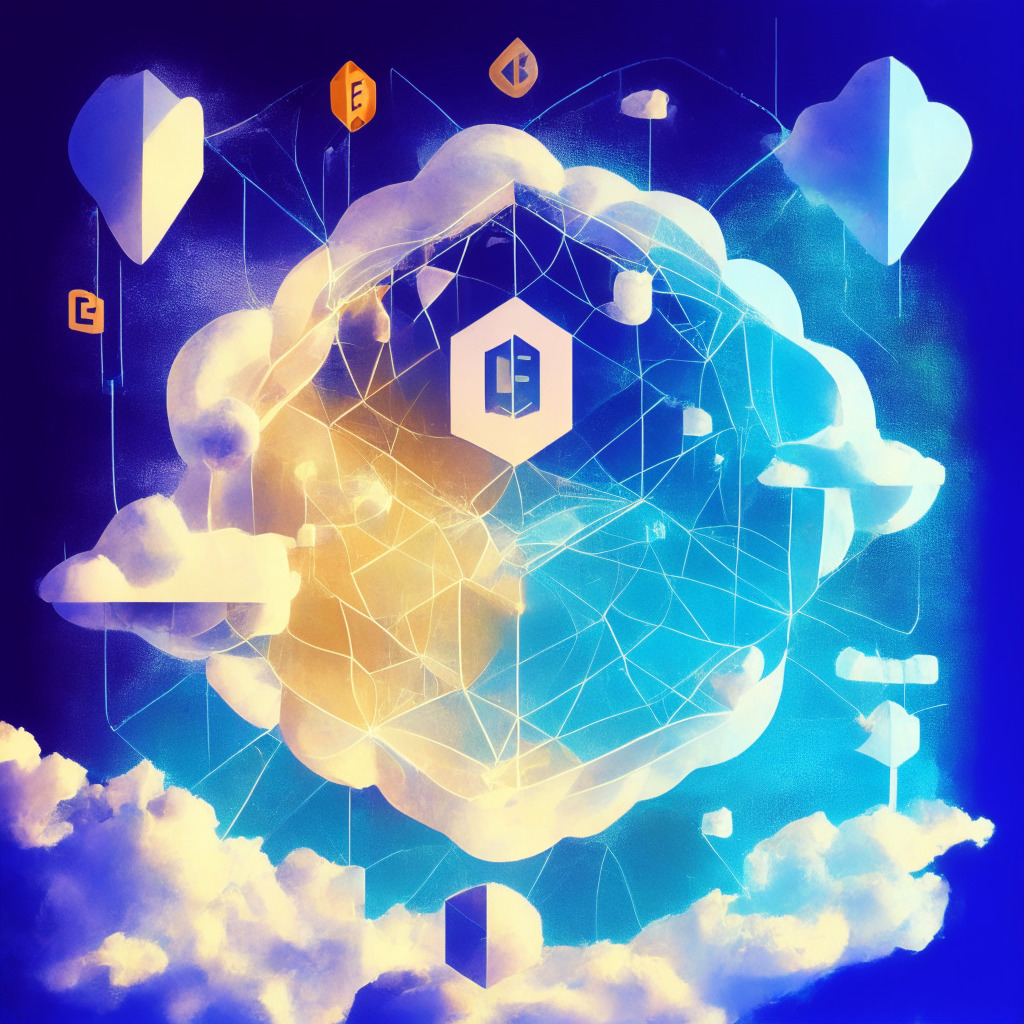Layer-1 EVM blockchain platform Flare has made headlines by integrating its API portal on Google Cloud Marketplace, a move that promises to bring a wealth of blockchain APIs to a wide range of developers and users. The integration will provide high-integrity data from Flare’s nodes and connected chain nodes, with touted benefits such as reduced dependency on individual node-run blockchains and the facilitation of cross-chain applications.
However, skeptics may wonder about the implications of centralizing blockchain technology through platforms like Google Cloud Marketplace. Flare’s VP of Engineering, Josh Edwards, argues that these advantages will significantly outweigh any potential downsides by boosting Web3 participation: “It makes it easier for developers to experiment with blockchain technology and its many use cases without being burdened by onerous hardware costs and ongoing maintenance.”
Edwards also highlights the potential for larger organizations and partners to experiment with secure and approved Web3 APIs using Google Cloud Marketplace. In theory, this should lead to broader adoption of the technology, with Flare aiming to eventually support over 100 chains in its oracle. However, some might question whether the integration of blockchain APIs into a centralized cloud service negates the decentralized nature of blockchain in the first place.
Nevertheless, Flare’s integration comes as part of a broader trend of partnerships between blockchain and cloud computing services. Most recently, Polygon Labs and Google Cloud announced a multi-year collaboration aimed at enhancing the development of Ethereum scaling protocol tools and infrastructure. With Google Cloud’s framework and developer tools available for use in Polygon’s core protocols, the partnership could significantly advance the development of Web3 products and decentralized applications (DApps) on Polygon.
This collaboration could also play a vital role in the evolution of Polygon’s zero-knowledge proof development. Thanks to Google Cloud’s partnership, Polygon’s zero-knowledge development has experienced improvements in transaction speed and cost compared to traditional infrastructure. This underscores the potential benefits of integrating blockchain technology with cloud services, despite any possible reservations about centralization.
In conclusion, Flare’s integration of its API portal on Google Cloud Marketplace showcases the possibilities of combining blockchain technology with cloud services for the benefit of a wide range of developers and users. While skeptics may raise concerns about centralization, it is hard to deny that the partnership promises a streamlined way for developers to experiment with blockchain technology and contribute to its growth, ultimately outweighing any potential drawbacks. Thus, the future of blockchain appears brighter than ever, thanks to these innovative collaborations.
Source: Cointelegraph




